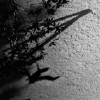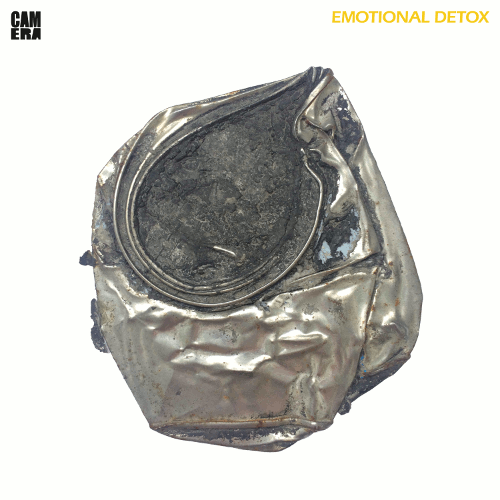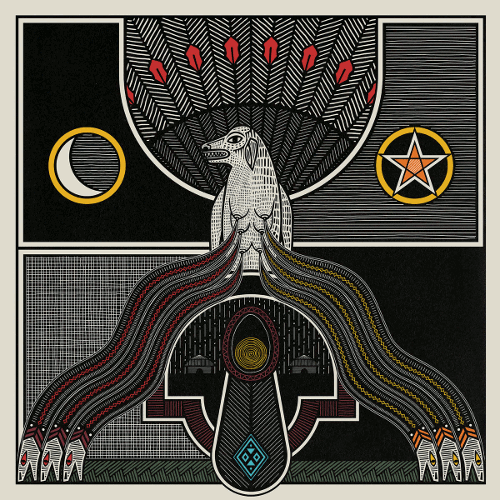Label: 130701 Format: CD
 Richter’s work follows the releases by Set Fire To Flames and Sylvian Chauveau on FatCat’s 130701 imprint. In addition to the carefully wrought instrumental arrangements, he has chosen to use words sparsely. The work of Polish poet Czeslaw Milosz is integrated, along with parts of Kafka’s text The Blue Octavo Notebooks, into the dreamlike landscapes he constructs. These words are read quietly and fairly unobtrusively by Tilda Swinton, against the sound of a typewriter, and her delivery is perfect, clearly enunciated and with just the right amount of detachment. Since the texts are short and out of context they may be read like jottings from a journal or diary and conjure their own images independent of the sources.
Richter’s work follows the releases by Set Fire To Flames and Sylvian Chauveau on FatCat’s 130701 imprint. In addition to the carefully wrought instrumental arrangements, he has chosen to use words sparsely. The work of Polish poet Czeslaw Milosz is integrated, along with parts of Kafka’s text The Blue Octavo Notebooks, into the dreamlike landscapes he constructs. These words are read quietly and fairly unobtrusively by Tilda Swinton, against the sound of a typewriter, and her delivery is perfect, clearly enunciated and with just the right amount of detachment. Since the texts are short and out of context they may be read like jottings from a journal or diary and conjure their own images independent of the sources.
Kafka’s “Notebooks” provide the opening text, “Everyone carries a room about inside them” leaving the listener with the image of “the rattling of a mirror not quite firmly fastened to the wall”. Whatever resonances the words leave they are complemented by the subtlety of the music, in this instance echoing piano with judicious use of found materials. “Shadow Journal” blends images of the present’s “sepulchral brick” alongside momentary flashes of memory, using the whole of Milosz’s “At Dawn” along with Richter’s limpid keyboards and one lone soaring violin. There are other found sounds here too, unidentifiable but integral. The city is Paris but it might be any European city, as the voice says : “I cast a spell on the city asking it to last” New urban pictures rise out of the combination of word and music. And on “Arboretum” there may only be a couple of lines but they are clear and suggestive, in this case of an autumnal landscape, and lead in to the melancholic minimalism of Richter’s soundscape.
Much of the music is cinematic and sketches moments of contemplative or dream states, like “Iconography” which features no text and frankly doesn’t need one as a choral arrangement illuminates a shimmer of organ music. Again, the sounds are redolent of place, even though the exact location may differ according to each listener. Restraint and economy are tools which Richter wields creatively on the piano solos, “Vladimir’s Blues” and “Written On The Sky” though, equally, he draws on a broader palette for the dolorous atmosphere of “The Trees”. Once more the piano and violin/viola/cello create a haunted beauty that becomes more disturbed and intense as the track progresses.
By virtue of the texts he’s chosen and some of the instrumental settings he has built around them there is an inevitable evocation of lost or buried landscapes and cities. The writers may have been firmly twentieth century European, but Richter’s compositions are just as evocative of the present as of that time.
-Paul Donnelly-


